No Results Found
The page you requested could not be found. Try refining your search, or use the navigation above to locate the post.


“My God, My God, why have you forsaken me?” I wonder how many times that cry has been our response to tragedy, now or in the past, at a personal level – ‘Why me?’ or a global level ‘42000 killed in Turkey and Syria – ‘Why them?’
One of the most difficult questions every Christian must be able to answer is ‘How can a loving God allow this to happen?’
Unfortunately, the only answer that make sense seems at first to be ridiculous. God has to allow such pain because He does love His creation. He loves enough to give us free will. If we chose to use that free will for evil purposes, He cannot stop us. If He did, He would deny that free will. In the end, we would be puppets with no freedom at all. There would be little if any point in creating us in the first place.
There are really three different aspects to this issue.
Pain. At one level, physical pain is necessary – it warns us of a problem we have to deal with, perhaps as an indicator of something needing attention. Sometimes it’s trivial – I stubbed my toe getting our of bed this morning. Sometimes, though, it becomes unbearable. Should He prevent pain completely – if not, at what point should He intervene? The bruise? The broken toe? The need for surgery? The amputation? The gangrene? The fatal infection? Should He prevent death altogether? It’s all or nothing.
Perhaps, though, it is emotional pain that is worse – the pain of loss, of fear, of rejection, of loneliness. Again, in real life, that suffering is necessary. If it did not exist, we could never know joy. Rather than living a monochrome life, with a complete absence of emotion, He gives us the ability to appreciate the contrast, the highs and the lows – and is with us in both of those states.
Sin. If there was no such thing as ‘evil’, we wouldn’t be able to recognise ‘good’. Strangely, if God is all powerful, He actually has to allow sin, with all its consequences. Once we’ve been given the gift of free will, He can’t rescind it just because we make bad choices. Instead, He deals with sin’s aftermath on a cross.
How about ‘natural’ disaster? This is more difficult, but I suggest that God, having created the world according to the universal laws of Physics, cannot then bend them to wrap that creation in cotton wool. Our world is created and made liveable according to those laws – we need weather, rain, heat, storm and flood. They don’t always suit our lifestyle. But messing with them without concern for consequence is at best irresponsible. We look at cultures we term ‘primitive’ or ‘pagan’ and in our arrogance dismiss their closeness to the earth as naivete – but they don’t harm it. The root cause of many ‘natural’ disasters in recent times is human negligence or intentional long-term destruction for short-term profit.
We can only discuss suffering and loss from a distance – when it directly affects us, or someone close to us, talking theology is no help. In that situation, what people need is simply to know that God is alongside sharing our pain, that our suffering is His suffering. We know that He has defeated sin through Jesus’ victory on the Cross. We know that our created world, with all its beauty, is also a place of danger – most of it of our own making or our stupidity – and we are supposed to be its guardians, not its exploiters.
The answer is simply to obey Jesus’ commandment to love, and trust that in turn, whatever may befall, nothing can separate us from God’s love.
For those who have lost loved ones
Heavenly Father, our hearts are moved by the effects of the earthquakes in Turkey and Syria. The grief felt by families who have lost loved ones, or await news of loved ones, is unimaginable. We turn to you, God of all comfort, and ask that you be close to people in the days ahead and that they might know your peace that surpasses all understanding.
For those who have lost homes
Lord God, we pray for those who have lost their homes or have moved to safety away from tall buildings. Please keep them warm in the midst of this harsh winter and provide all they need. We pray especially for children who are confused and frightened by what is happening. May you be for them an oasis of peace in which to take shelter.
For those providing help
Lord God, we thank you for the swift action of those who are already responding. For the rescue teams searching for survivors, we ask for endurance and resilience. For those providing temporary shelter, we pray for the swift delivery of equipment. And for all those in communities offering comfort and help to their neighbours, we pray that you give them selfless compassion.
For the world’s response
Lord, we pray for world leaders as they decide how to respond. We pray that you stir each of our hearts in generosity towards the people of Turkey and Syria. Amen
“Praise be to the God and Father of our Lord Jesus Christ, the Father of compassion and the God of all comfort, who comforts us in all our troubles, so that we can comfort those in any trouble with the comfort we ourselves receive from God.”
We pray the Lord’s Prayer – And then as we listen, we may break bread together as a family, a company of love that serves together as the body of Christ.
We go in peace to love and serve the Lord, in the name of Jesus. Amen.
If you would like to contribute to Christian Aid support of the situation in Turkey and Syria, the most straightforward way is either direct via
Turkey Earthquake Response and Relief – Christian Aid Mission
or via the CoI Bishop’s appeal, details on the following website.
www.bishopsappeal.ireland.anglican.org/give
Remember to make it clear that your gift is specific to this appeal.
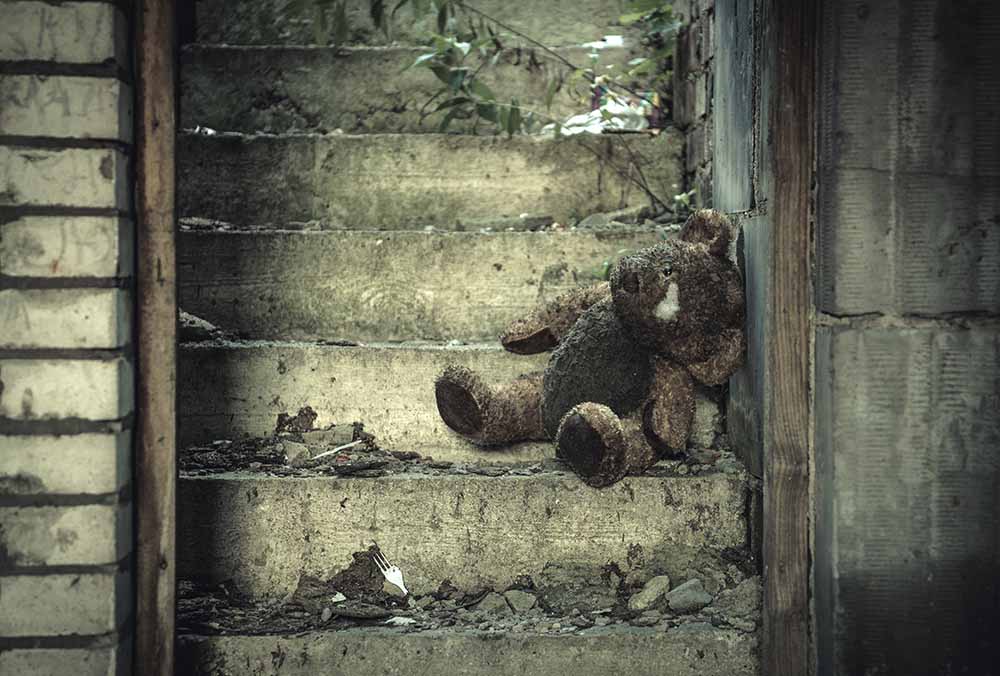
Previous Posts
The page you requested could not be found. Try refining your search, or use the navigation above to locate the post.

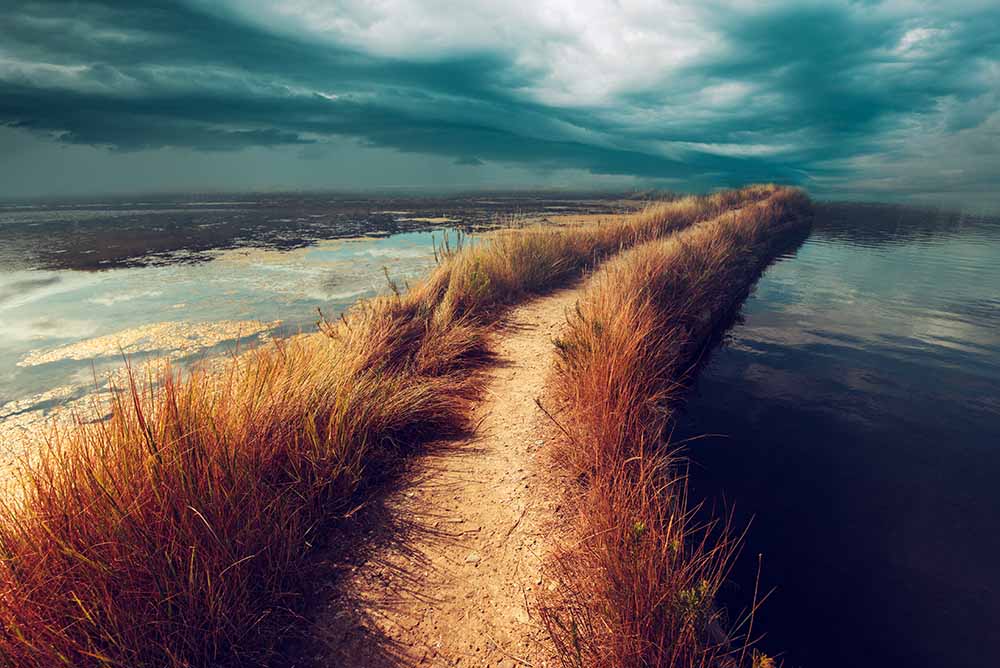
Almighty God, you have created the heavens and the earth and made us in your own image: Teach us to discern your hand in all your works and your likeness in all your children; through Jesus Christ our Lord, who with you and the Holy Spirit reigns supreme over all things, now and for ever.
‘So do not worry about tomorrow’. Trust me, says Jesus.
People talk about ‘earning trust’, as if trust is a reward for positive behaviour. They consider that because they feel they have done lots of good stuff in the past, people’s trust in them should be mandatory.
But in fact, trust is not ‘earned’. It never can be. It can only be awarded. Jesus never forces us to trust Him because of what He has done. He died for our sin, unconditionally – and then gives us a choice. He asks us to award Him our trust when the future consequences of obeying Him will likely cause suffering, hardship and ridicule. In our pain, we shout to God; Why have you forsaken me?
Trust answers that question by proclaiming ‘Thy will be done’. In the face of whatever may befall, we trust in His love. Our trust in Jesus is the gift we award Him, given freely and unconditionally. He will never, ever, betray it. Our prayer is simply ‘Father, into your hands I commit my Spirit’.
Faith means little when God’s plan is the same as our plan. Faith is everything when it isn’t. When we don’t understand, when the things of the world tempt – and often overcome – us. When disaster happens. When we feel alone and helpless in the face of tragedy; all we can do is turn to Him, and leave the future in His hands.
Remember – F.A.I.T.H. – ‘ Forsaking All, I Trust Him’
Previous Posts
The page you requested could not be found. Try refining your search, or use the navigation above to locate the post.

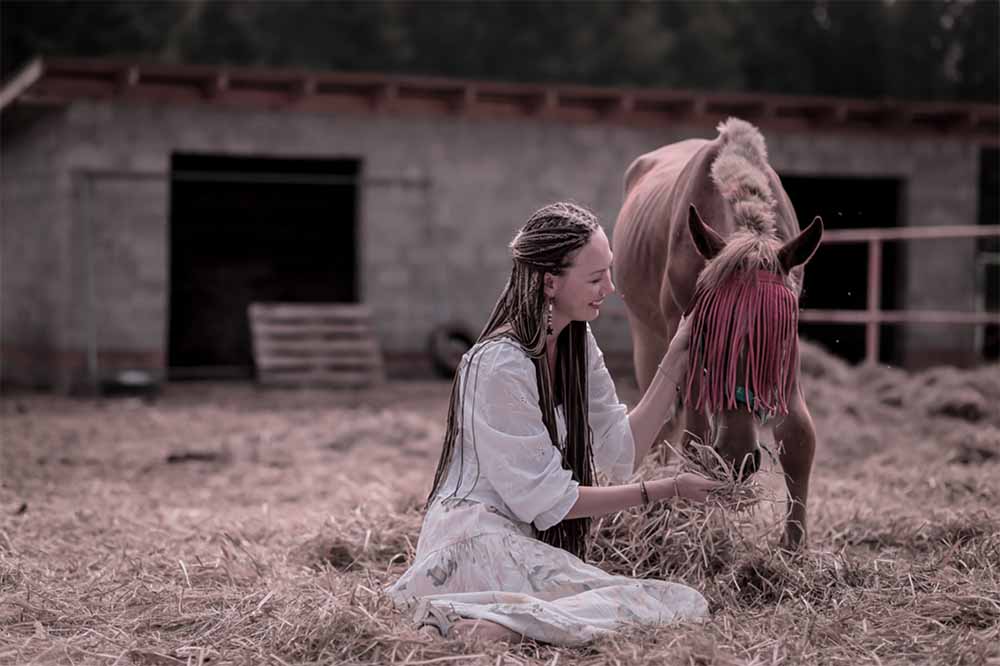
Father, by the leadership of your blessed servant Brigid you strengthened the Church in this land: As we give you thanks for her life of devoted service, inspire us with new life and light, and give us perseverance to serve you all our days; through Jesus Christ our Lord.
This week offers a new Bank Holiday in Ireland. Always welcome – and this one in particular has been too long coming. Patrick has long had his – Brigid, of at least equal significance in Irish history – deserves the same.
But who exactly was she? Well, it depends who you ask.
Some would refer to her as the Pagan Goddess Brid (meaning ‘the High One). She was known as the Goddess of poetry and wisdom, who first introduced the tradition of ‘Keening’ on the death of her son. She was a member of the Tuatha Dé Danann, the mythical supernatural race that inhabited Ireland at the dawn of time, and was among other things, a protector of domesticated animals. The pagan festival of Imbolc on February 1 is regarded as the first day of Spring.
A different Folklore tradition says her father was a Chieftain, her mother a slave. The pregnant woman, who had been baptised by St. Patrick, was sold on to a Druid, who in turn became himself a Christian. Brigid grew up as farm worker, churning butter and shepherding the sheep. She subsequently was consecrated and eventually became an Abbess, founding a Monastery in Kildare and consecrating men and women across Ireland as well as performing many miracles – including turning water into beer. She is the Patroness of Ireland and of healers, poets, blacksmiths, livestock and dairy workers, among others.
And perhaps it is her example of living the Christian life – being salt and light, living the Gospel in the language of the ordinary men and women of her culture that we rightly celebrate as the example in our own lives..
A St Brigid prayer
May the mantle of God’s peace
cover those who are troubled and anxious,
and may peace be firmly rooted in our hearts and in our world.
Inspire us to act justly and to reverence all God has made.
Just as Brigid was a voice for the wounded and the weary,
Strengthen what is weak within us.
Calm us into a quietness that heals and listens.
And here’s how to make a Brigid cross:
Previous Posts
The page you requested could not be found. Try refining your search, or use the navigation above to locate the post.

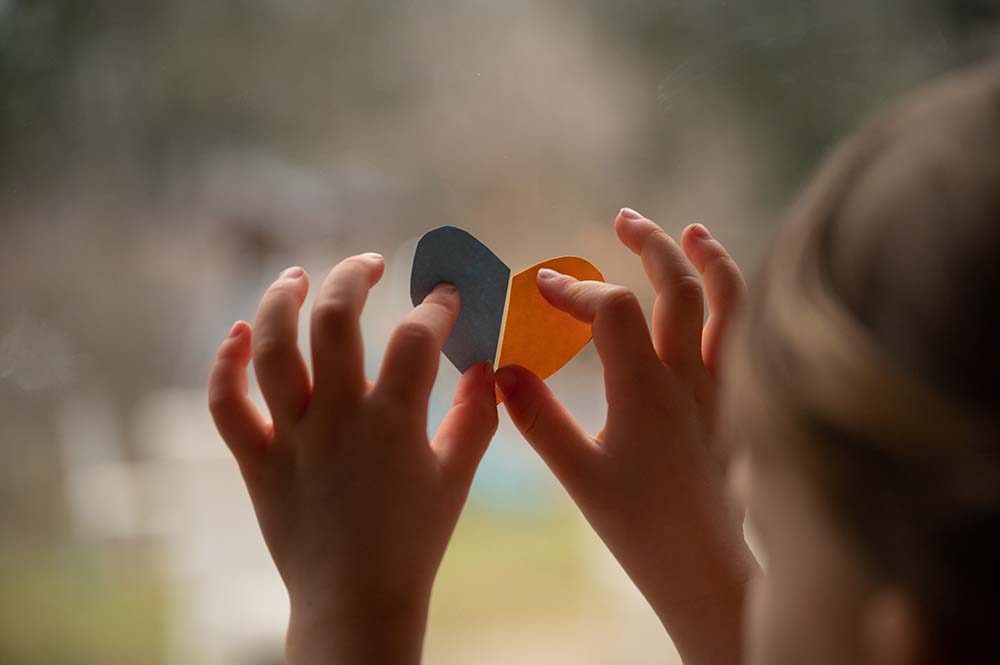
For the cross is foolishness to those who are perishing, but to us who are being saved it is the power of God…
…subtitled ‘You couldn’t make it up…’
The world is in a state, and has been for thousands of years. There have been a seemingly never-ending succession of cruel tyrannical rulers, warring countries, occupying armies, ordinary people treated like slaves, unspeakable atrocities. In so many countries, you’re not even allowed the freedom of belief, at pain of imprisonment, family threatened, sometimes even death.
So. Imagine for a moment that to fix this, you have been given the job of setting things right, with whatever you need to deploy in the way of human resources, clever advisors and lessons from history.
Hands up if your chosen strategy involves you being ridiculed, tortured, humiliated and nailed to a tree. You’d be laughed at and labelled as a feeble minded dreamer who doesn’t live in the real world, someone completely off their trolley.
Problem is, everything else people have attempted since the ark didn’t work, despite God sending prophet after prophet. Things got better for a time, and then, insidiously, the Satan crept back into people’s lives and wrecked ‘em.
What was really needed was a once-and-for-all victory over sin – and it didn’t involve the exercise of military might or clever politics. Instead, the power of unconditional love won the last battle that will ever need to be fought. God allowed His Son, the Servant King, to climb the cross that saves and redeems the world.
It’s a pity that the world doesn’t appear to want to be saved – the way of the cross appears to be too much effort and too little faith. Nations choose the easy way that inevitably ends in disaster – again and again. When will they ever learn? They deny the simple fact that the war is won, that victory belongs to Jesus, and if we so wish, we can share it and live it. Now. This minute. A simple ‘yes’ to God’s call. That’s the best bit – we don’t have to wait for eternity – we can be the body of Christ right here, right now. And then we can begin to take our part in the healing of the Nations.
The Christian ideal has not been tried and found wanting. It has been found difficult; and left untried.
G K Chesterton
Previous Posts
The page you requested could not be found. Try refining your search, or use the navigation above to locate the post.

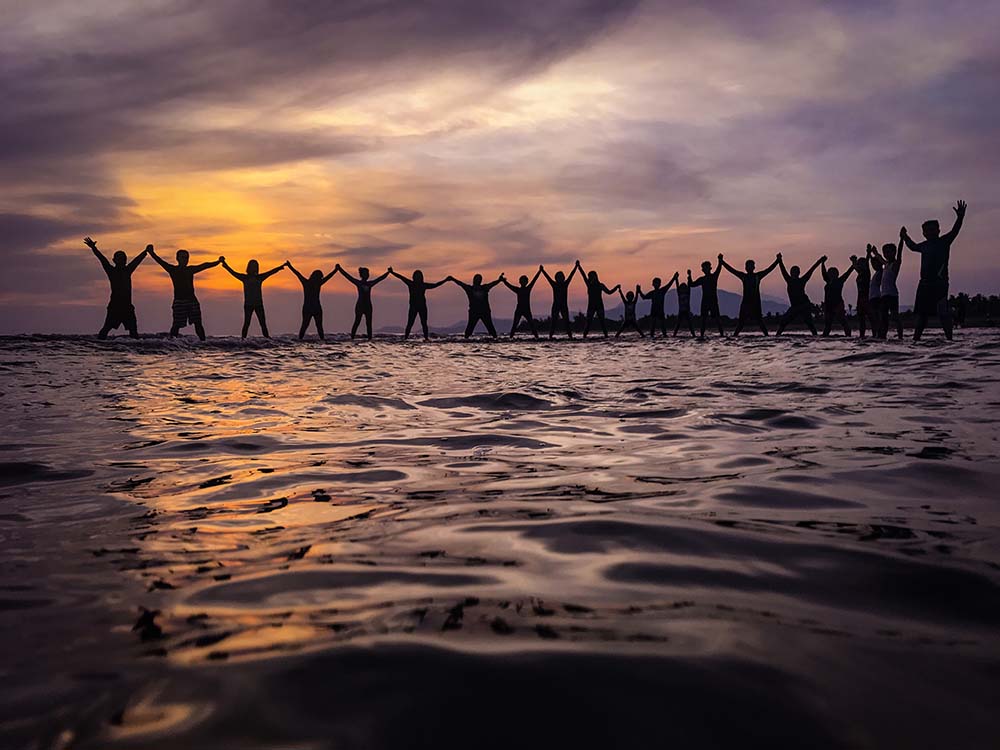
The annual Week of Christian Unity seeks to respond to the prayer of Jesus the night before He died, as recorded in John 17,– ‘that they may become completely one’. It was first observed in 1908 by an Anglican Franciscan priest, and a Franciscan nun; over the years it gained wider recognition and is now celebrated in January worldwide with prayers and interdenominational worship services.
Writing in the Irish Times, Bishop Michael Burrows said ‘…it is the powerful reality of a common family that Christian unity dweek seeks to celebrate, and which no prejudice or theological contention should ever put asunder. (Our) challenge is to walk together in pursuit of truth and justice, learning from one another’s strengths’. He also said, though, that he didn’t expect to see ‘Church unity happen during our lifetime’.
But while initially (reluctantly) agreeing with his somewhat pessimistic prediction on the basis of current evidence from media and suchlike, we need to ask what Christian Unity would actually look like – and perhaps the situation isn’t as bleak as it first appears. I think we are actually closer than we have been for a very long time.
Any artist would tell you what happens if you mix all the colours of the palette together. The result is a murky brown. On the other hand, if instead you pass light through a prism, you get a beautiful rainbow. White light consists of all of these – take any one away, and the light is not as pure or bright. I suspect no-one would want our worship to be ‘one size fits all’. We find inspiration and richness in diversity – Paul emphasises the need on many occasions, most specifically in 1 Corinthians 12, writing about the Church as a body consisting of many parts, each with their own function.
We are blessed that in Christianity there are so many different traditions, languages and cultures – but when we proclaim ‘Jesus is Lord’, we are a united Church in many areas irrespective of those differences – indeed, because of them and the pure, clear light they bring when combined.
Where prayer for unity is needed, however, is in those traditions and Gospel interpretations that proclaim themselves superior and dismiss or reject other views. All too often, such beliefs have little or no basis in Scripture, but stem from ignorance or self-interested search for power. If we are to see unity grow even closer, in our lifetime, we must challenge those aspects which deny the comprehensive, universal and unconditional love our Father has for all His creation.
Previous Posts
The page you requested could not be found. Try refining your search, or use the navigation above to locate the post.